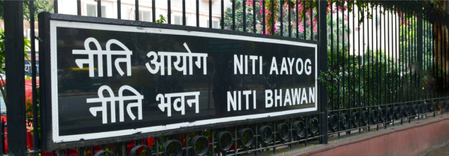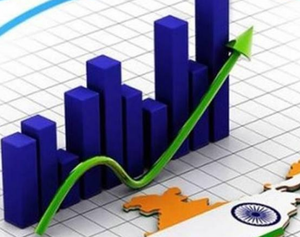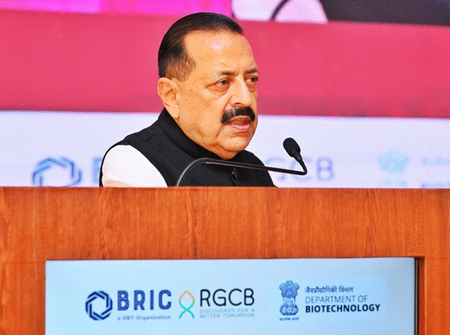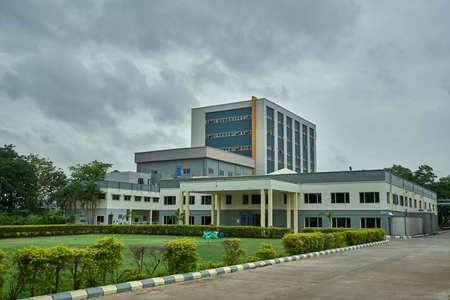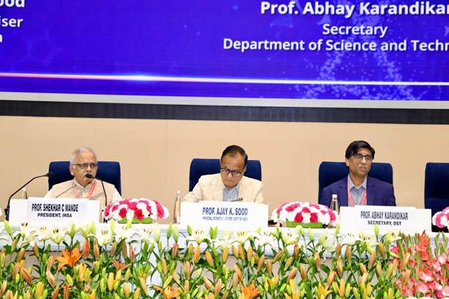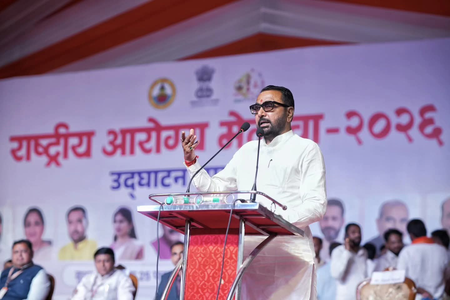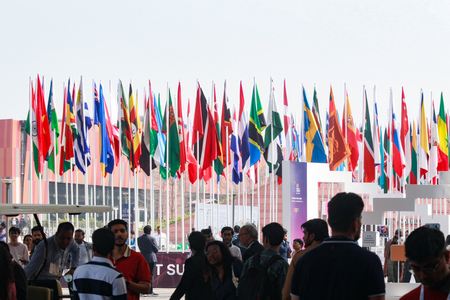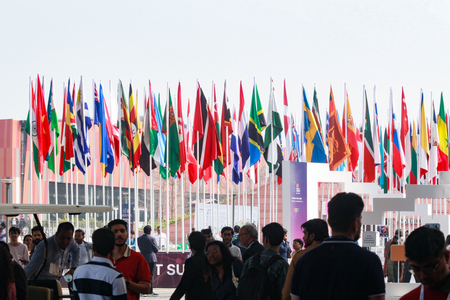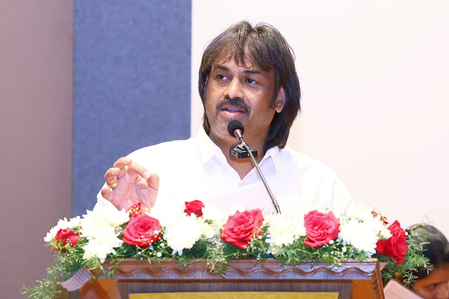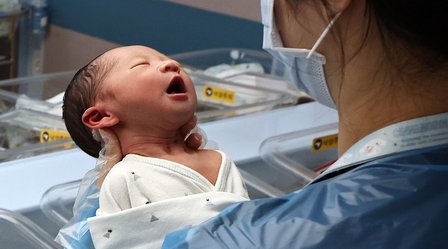
New Delhi, March 2 (IANS) Around 50 per cent of insurers in India provide customisation support for clients with more than 1,000 employees, which is lower than the 92 per cent reported in China, according to a report released on Monday.
Compared to regional peers, India’s health insurance landscape reflects rapid digitalisation and expanding coverage, yet faces challenges in awareness, standardisation and affordability.
The report by Aon said that even after facing challenges, domestic health insurance sector is witnessing rapid digital transformation and broader coverage expansion.
The report also highlighted both the expanding scope of health and wellbeing services offered by insurers and significant gaps in delivering measurable outcomes and employee satisfaction. However, it pointed out that challenges remain around awareness, service standardisation and affordability.
“India’s health insurance market is at a pivotal moment, with rising expectations from employers and employees alike,” said Susan Fanning, Head of APAC Wellbeing Solutions at Aon.
“The findings highlight the need for insurers to innovate, customise and build stronger partnerships to deliver measurable outcomes while managing costs,” Fanning added.
Additionally, telehealth adoption has grown steadily, with 83 per cent of surveyed insurers now offering services such as general practitioner consultations, chronic disease management, e-prescriptions and medication delivery.
However, the financial impact on outpatient healthcare claims remains modest.
Only one-third of insurers reported tangible cost savings, with reductions ranging between 1.1 per cent and 1.5 per cent, according to Aon. While overall utilisation remains moderate, 40 per cent of insurers achieved engagement rates exceeding 30 per cent, and 60 per cent reported usage growth of six to 10 per cent between 2022 and 2024.
The report also noted that stronger integration with other wellbeing programmes and improved client education could help unlock greater value from telehealth investments.
Meanwhile, employee assistance programme (EAP) availability has expanded, with 67 per cent of insurers offering services through phone, online platforms and mobile applications in multiple languages, including English and Hindi, and in some cases additional regional languages.
Despite this, utilisation rates are inconsistent, ranging from one per cent to 50 per cent. The report also added that growth in EAP usage between 2022 and 2024 ranged from six per cent to 40 per cent.
The findings highlighted that while mental health support is expanding, deeper localisation and integration with broader health programmes are needed to drive sustained engagement and measurable outcomes.
–IANS
ag/na



